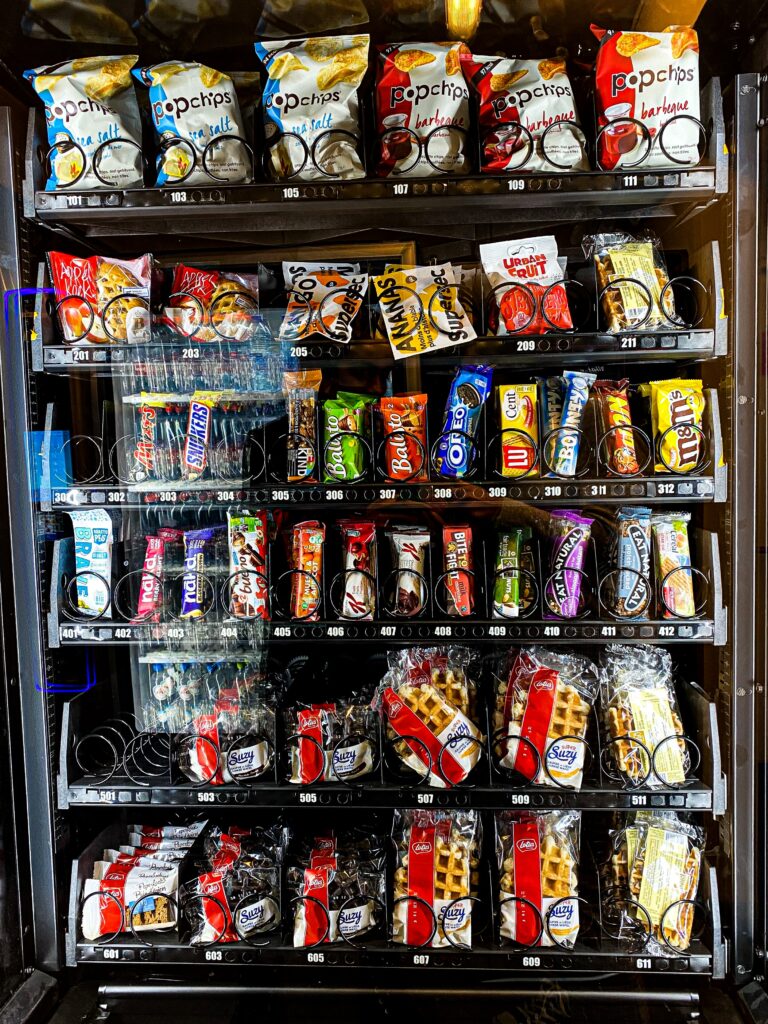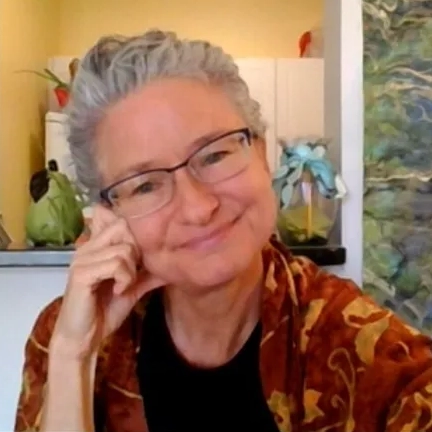
I’ve been thinking about how we label foods. Especially the dynamic where some foods are “good,” and others “bad” – “healthy” versus “junk food.”
One quality that seems to drive that division between junk food and health food is the label of “processed foods.” Ironically, if you cut out processed foods, you’d be missing out on the majority of foods that are available today.
One quality that seems to drive that division is the recognition of “processed foods.” Ironically, if you cut out processed foods, you’d be missing out on the majority of foods that are available today.
As a fact, food processing is pretty important in feeding the billions of people on the planet. Not everyone is able to grow and prepare their own food from scratch everyday.
Processing foods has many benefits:
- maintains sanitation,
- increases shelf life,
- increases palatability,
- delays spoilage and contamination by dangerous bacteria.
- allows for fortifying and enriching foods, to include the addition of nutrients like vitamin D, B12, Calcium, Iron, and Folate, for example.
Consider the following, which is how the USDA views processed foods:
The U.S. Department of Agriculture (USDA) defines a processed food as one that has undergone any changes to its natural state—that is, any raw agricultural commodity subjected to:
– washing,
– cleaning,
– milling,
– cutting,
– chopping,
– heating,
– pasteurizing,
– blanching,
– cooking,
– canning,
– freezing,
– drying,
– dehydrating,
– mixing
So, pretty much anything you can buy in a store has been processed. Short of picking your apples from a tree, your food has been processed. Of course, if you wash them, they’ve been processed.
If you take those apples, chop them up, add ascorbic acid so they won’t turn brown and pasteurize them so they don’t rot in the jar or produce mycotoxins (nausea, vomiting, carcinogenic), that’s simply the applesauce you can buy in the store, and it’s processed.
But you probably wouldn’t call applesauce a “junk food.”
There are a lot of opinions floating around about processed and junk foods, most of them fear-based. You may think of minimalized foods as “good,” and processed foods as “bad.”
This kind of good/bad thinking can have a really detrimental effect on eating behaviors, mainly because we tend to take that good/bad judgement of a food and put on ourselves. I
t becomes an assessment of morality when we put it on ourselves – how many times have you said, “I was good today, I had a salad,” and other times said, “I had a candy bar today, I was so bad.”
The way we judge the value of foods transfers to the way we judge ourselves. And that sets up a dynamic for all sorts of dysfunction around how you eat and how you feel about yourself.
- Good/bad,
- healthy/unhealthy,
- natural/processed,
- clean/toxic,
- guilt free/indulgent
All these designations drive a stake between you and your food choices. Food is inherently neutral, and ideally you can trust your internal cues of hunger, fullness, and satisfaction guide you toward your food choices and eating behaviors. In the good/bad dynamic, you defer to the labels placed on food, literally and figuratively.
I’ve worked with clients who tell me that whenever they eat something regarded as “junk food,” they default to feeling like the day has been “blown,” and they move into a failure mindset that spurns compulsive and mindless eating – with the promise of “doing better” tomorrow.
Viewing foods as neither good or bad, from a place of neutrality allows us to make choices based on what we want and need from the food at any given time. This certainly include can include processed and junk foods.
Our relationship with food is more complex than nutrient density or processing. Foods are about community, memory, and culture.
Without the good/bad dynamic, you can enjoy a variety of foods without guilt or shame. And this freedom is inherently tied to mental and physical health.
We get a lot of external information about processed and junk foods.
Influencers and even news outlets say that they’re addictive, detrimental to our health, etc. It’s suggested they can override our body’s natural hunger-fullness cues and lead to out of control, mindless eating.
Beyond there being no solid science to substantiate those claims, to our bodies, food is food. I’d suggest that it’s our attitude and approach to a food that makes it beneficial or harmful.
With your food choices and eating behaviors, you’ve got to stay present and honest. In any given moment, what do you need?
Is the food for fuel? For fun? To fix a feeling? All of these reasons are valid. There are foods that fit each of these bills. And depending on the situation, any of the myriad of both junk and unprocessed foods will suit the occasion.
Allowing yourself to choose the foods that fit based on what you know you need – both physical and psychologically – is so important. As long as you don’t put foods on a “forbidden” list, you won’t have to deprive yourself of them, a habit which is a guarantee of the restrict/binge dynamic.
Giving yourself unconditional permission to eat frees you up from the scarcity mentality, too, which is another set up for mindless, compulsive eating.
So, ironically, allowing yourself to enjoy all foods, regardless of processing – even the junk foods – are going to lead to better health than avoiding any of them. Read more about my approach to eating how to enjoy better physical and mental health on my website.


0 Comments